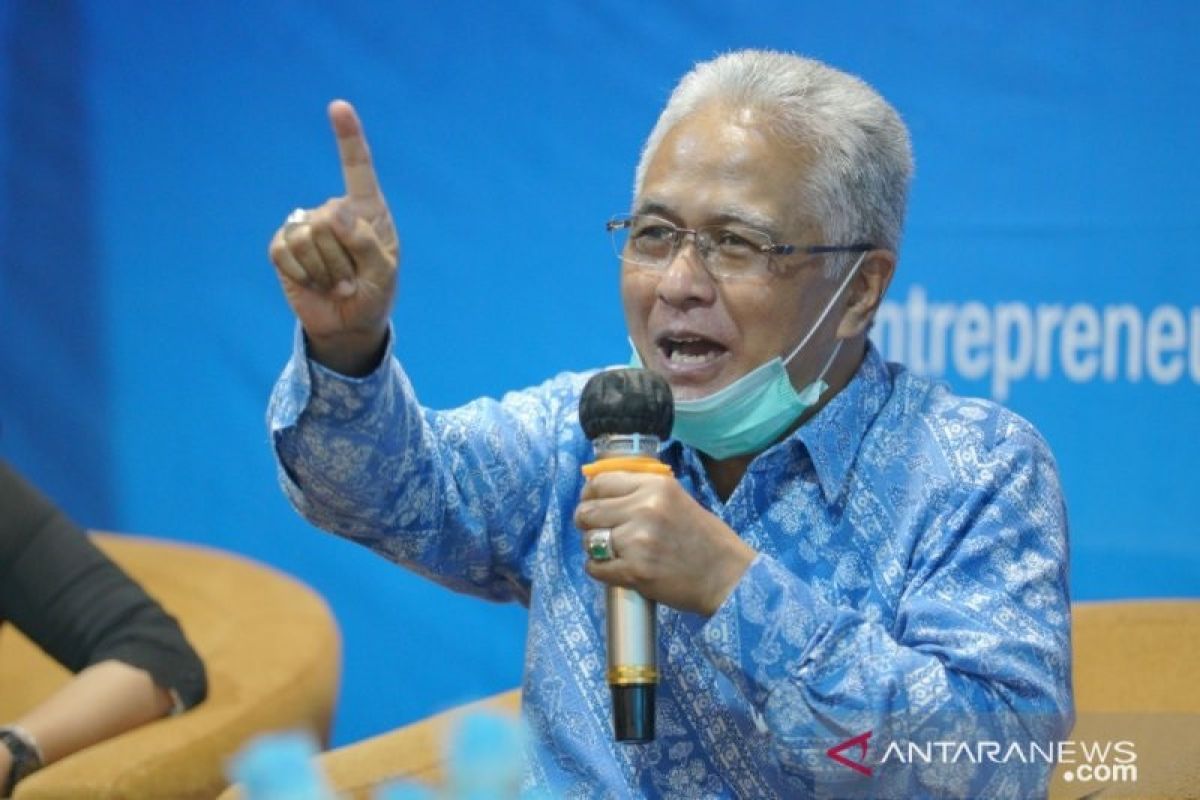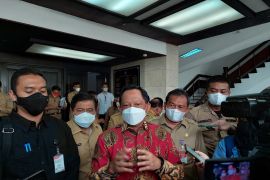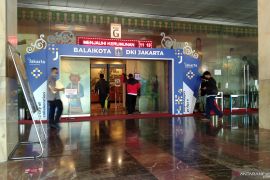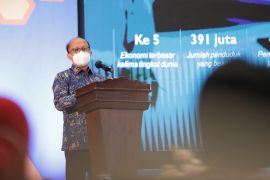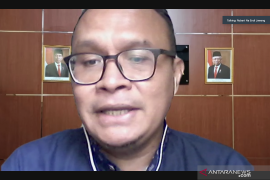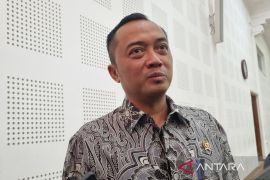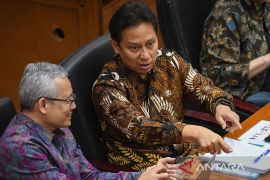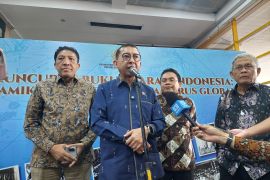"A change in mindset and serving culture must be the main foundation for state apparatus in conducting their duties and functions as public servants," Gaus noted in his statement here on Monday.
His statement was made with reference to the "Ber-AKHLAK" core values and Proud to Serve the Country employer branding that President Widodo had unveiled on Tuesday (July 27).
Ber-AKHLAK stands for Service Oriented, Accountable, Competent, Harmonic, Loyal, Adaptive, and Collaborative.
Gaus opined that civil servant’s service to citizens was still far from ideal.
According to Gaus, a "ruler" mindset is still prevalent within the civil servant that leads them to commit violations, such as extortion.
Hence, Gaus called for a fundamental change within the mindset and mental attitude of state civil apparatus.
He emphasized that the culture of serving and assisting must be deeply ingrained in the apparatus' mindset.
However, he believes that transforming into a "servant" mindset also necessitated collaboration from the organizational environment or institution where the ASN served in.
"This is because, essentially, transformation is heavily influenced by the environment where the ASN fulfill their duties and functions. (This is done), so that loyal apparatus could be produced and ASN, who are 'Proud to Serve the Nation,' can be created," he remarked.
Gaus stated that the Ber-AKHLAK core values should drive ASN's transformation, given its strategic roles within the government's bureaucracy.
In addition, he believes these core values can create accountable and adaptive bureaucracy to provide the best service to the public.
"To this end, the ASN from every occupational background, every level, from central to regional, and every sector must erase their sector-centric ego and internalize the Ber-AKHLAK core values together," he stressed.
Related news: ASN's disciplined health protocol application to serve as model
Related news: 4,030,090 applicants for civil servant candidates: MInister
Related news: Integrity among civil servants crucial to bureaucratic simplification
Translator: Imam Budilaksono, Fadhli R
Editor: Sri Haryati
Copyright © ANTARA 2021
